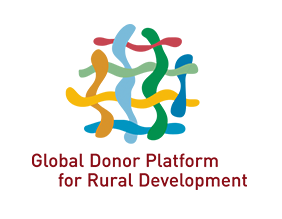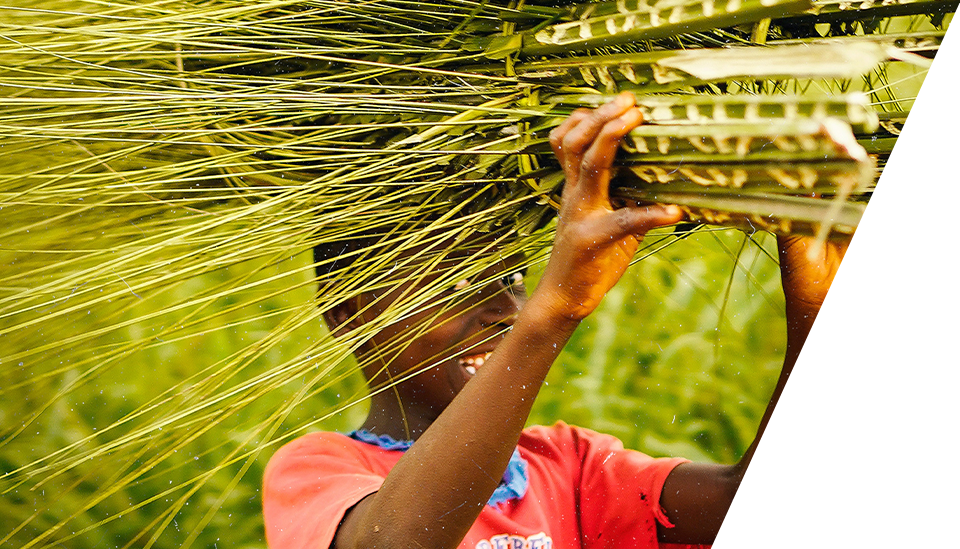COP23 Reguests Subsidiary Bodies to Act on Agriculture
The Conference of Parties at its 23rd session (COP23) has requested that the Subsidiary Bodies for Implementation and Scientific and Technological Advice address issues related to agriculture. This piece was originally published in the Global Donor Platform for Rural Development. You can read it in its original form here.
Bonn | Germany | 17 November 2017 | Christian Mersmann
The Conference of Parties at its 23rd session (COP23) has taken the decision that the Subsidiary Body for Implemenation (SBI) and the Subsidiary Body for Scientific and Technological Advice (SBSTA) are requested to “address issues related to agriculture”. The decision “invites Parties and observers to submit by 31 March 2018 their views on issues to be included in the work (…)“. The subsidiary bodies are requested to report to the COP in 2020.
Despite sounding straightforward and technical, this actually constitutes a break-through in dealing with agriculture under the Convention. Up to now, it was not possible to achieve even a work programme for SBSTA on agricultural issues, but only two in-session workshops of SBSTA had been held – one on the assessment of risk and vulnerability of agricultural systems to different climate change scenarios in June 2015 and one on the identification of adaptation measures in May 2016.
With this decision, the issues related to agriculture are elevated to the higher level of strategic debate in the SBI, the body which advises the convention „through the assessment and review of the effective implementation of the Convention, its Kyoto Protocol and the Paris Agreement“. The latter contains the Nationally Determined Contributions to adaptation and mitigation by the individual countries.
The FAO analysis Agricultural Sectors in the Intended Nationally Determined Contributions (INDC) – Analysis shows that the vast majority of all countries consider agriculture as crucial in mitigation actions. Furthermore, the analysis outlines “the mitigation potential of agriculture (…) is prominently acknowledged at all levels of socio-economic development and among developing countries in all regions. 86 percent of the developing countries, 88 percent of the countries in transition and 98 percent of developed countries include agriculture (…) in their mitigation contributions.”
These are convincing arguments for the international agriculture support community to triple its efforts in positioning agriculture as one of the priority policy areas. This is not only for adaptation of agricultural production systems to climate change, but also to address mitigation actions through land use measures and move forward the methodology of Monitoring, Reporting and Verification (MRV) particulalry for small-holder agriculture which is rather complicated and costly.

Areas of intervention for donors:
- For the Global Donor Platform, the FAO publication Agricultural Sectors in Nationally Determined Contributions (NDC) – Priority Areas for international Support is very useful as it outlines five areas of intervention:
- Compliance with the enhanced transparency framework of the Paris Agreement
- Coherent policy frameworks for climate action in the agricultural sectors
- Research, analysis and tools
- Capacity development for implementation and action in the agricultural sectors
- Investment for the development of the agricultural sectors
Four of these areas of intervention are by no means new to rural support measures, but area No. 1 on the compliance with the enhanced transparency framework of the Paris Agreement adds new political momentum to organise support to rural development. This is true for domestic actions by developing countries for example under CAADP but also very relevant for the necessary access to climate finance for agriculture under the Green Climate Fund, the Climate Funds and Facilities of the World Bank, the financial provisions of regional development banks and certainly for ODA interventions by bilateral development partners. The Global Donor Platform will enhance its work on climate change and agriculture in particular in view of increased investments into rural development through climate finance.

